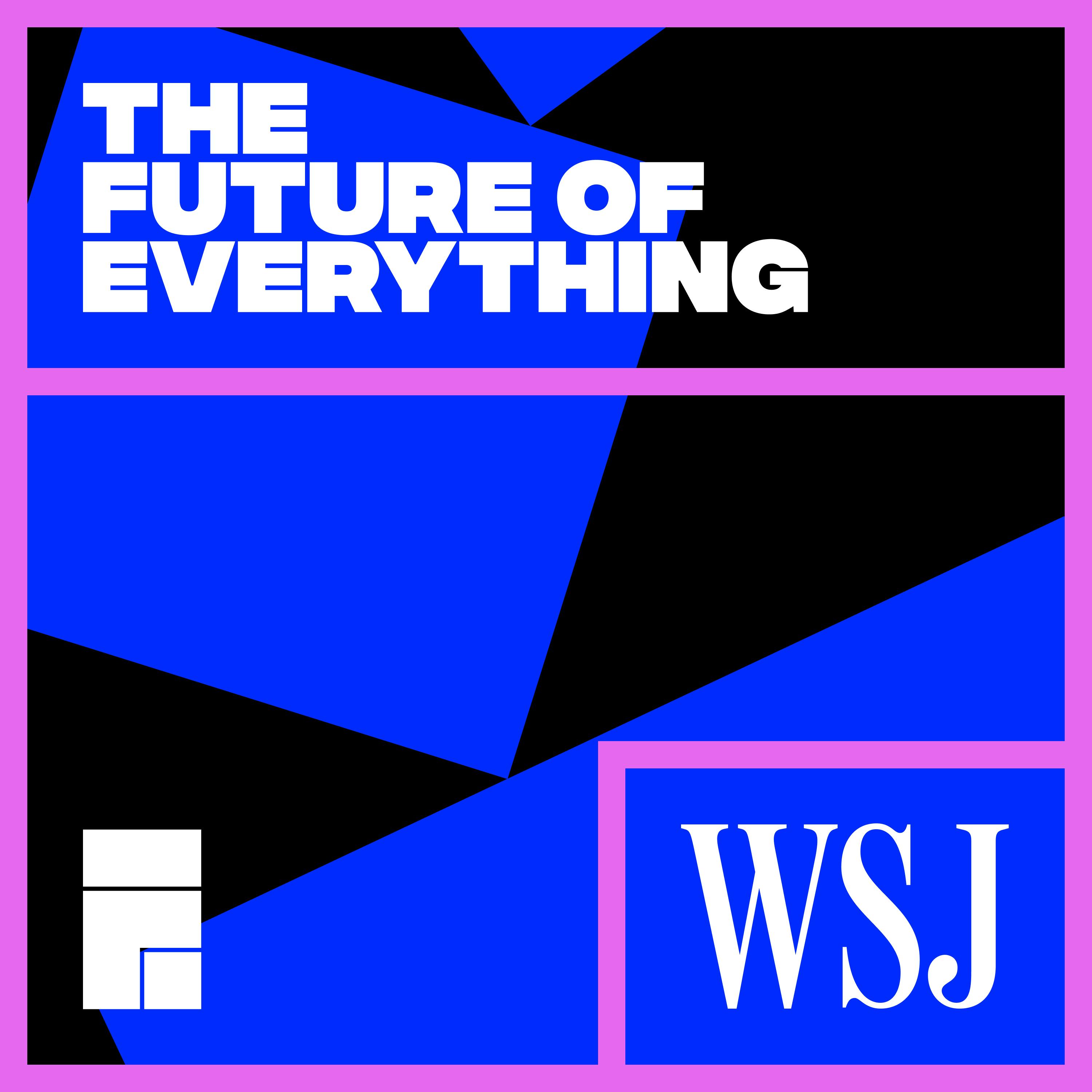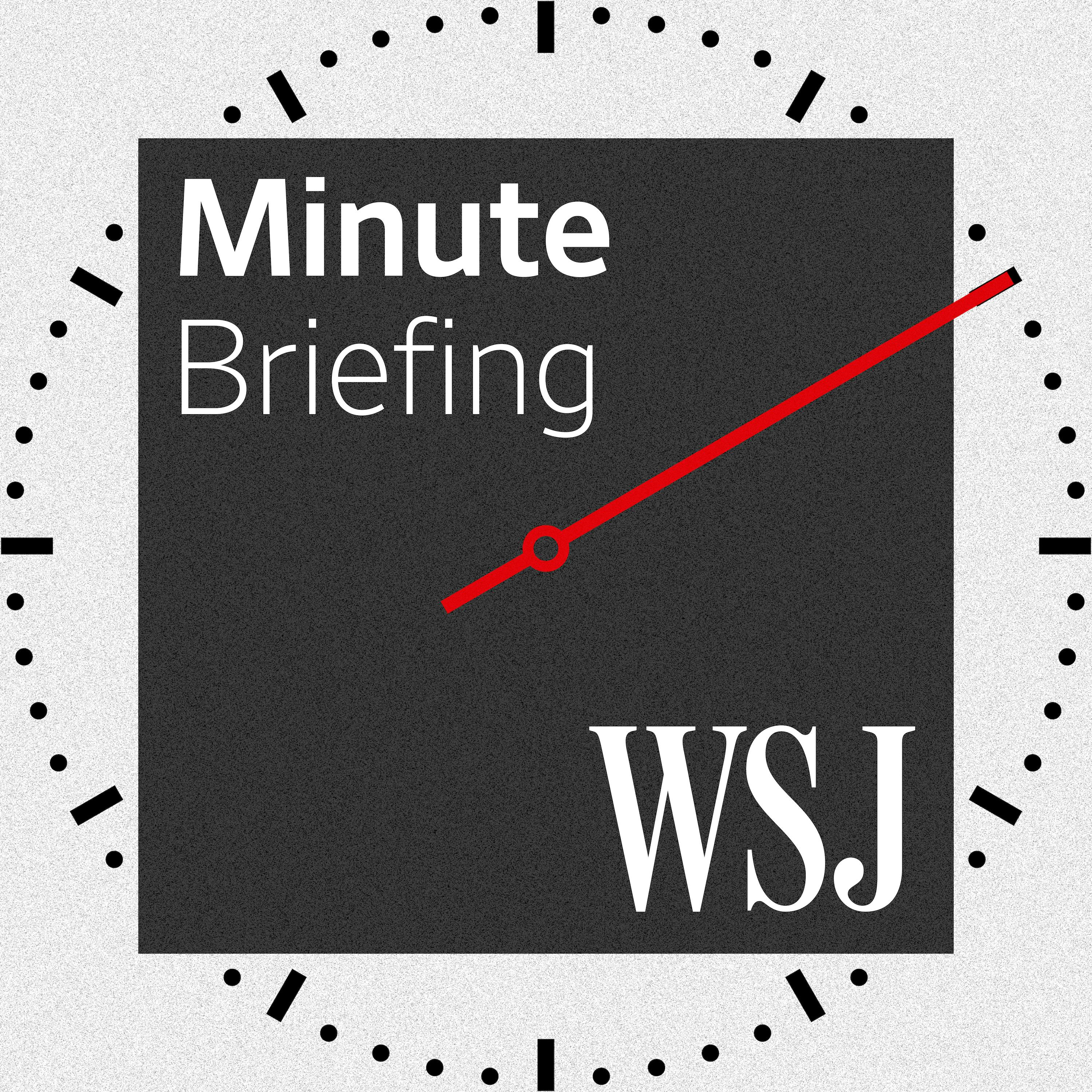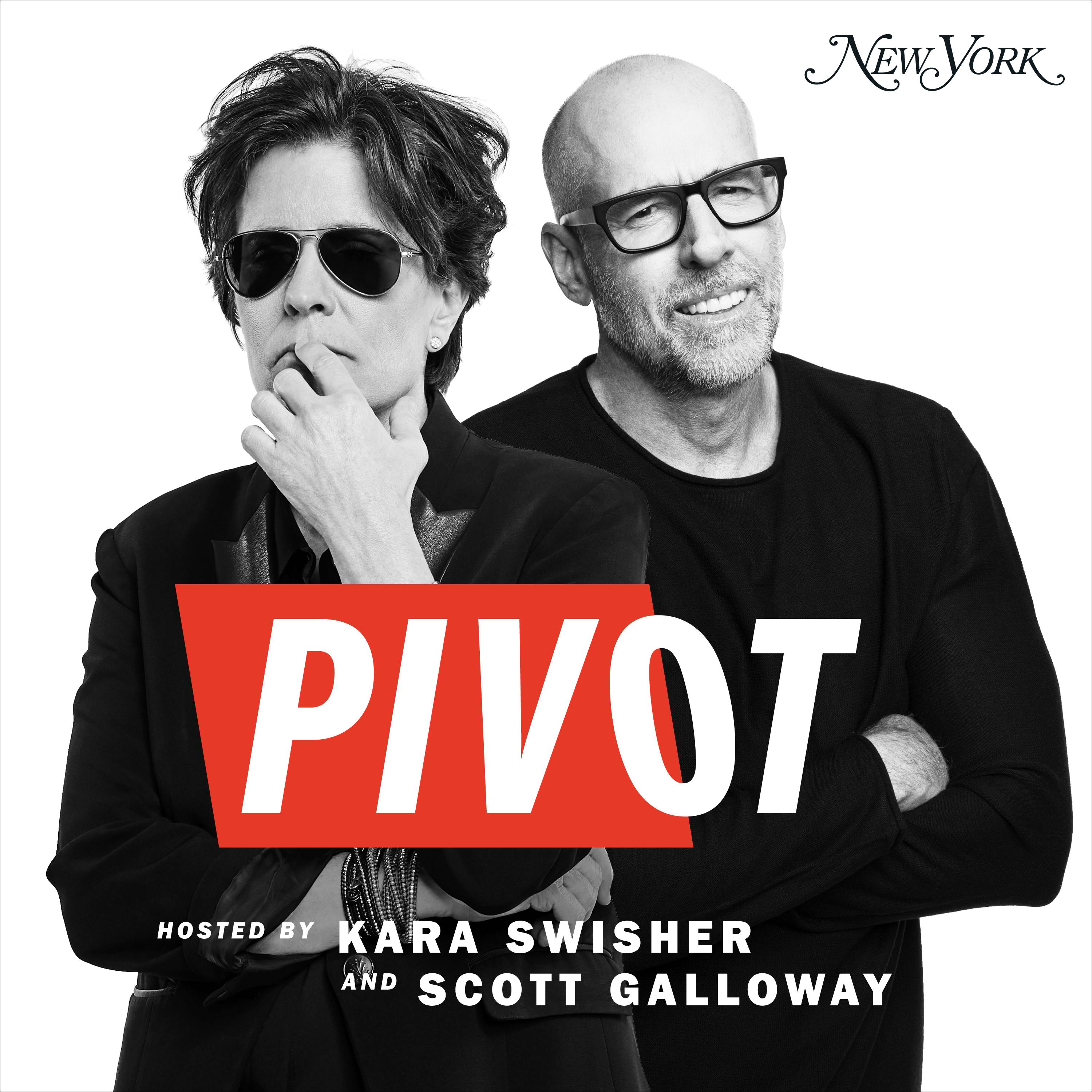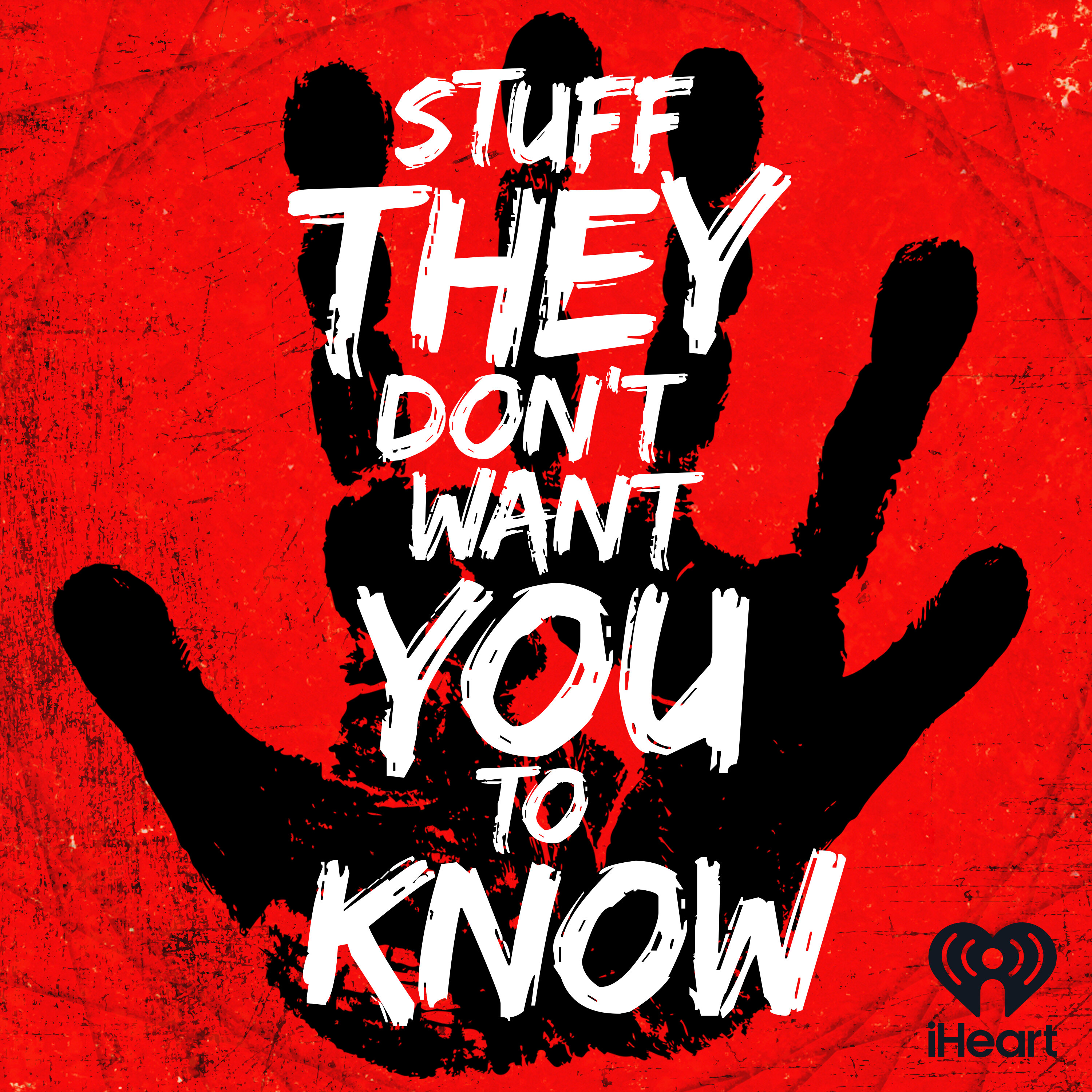
That's Life, I Swear
Every Wednesday, join Rick Barron as he unravels the intricate threads of life's most captivating stories. From heart-pounding political dramas to the awe-inspiring challenges of climate change, he explores the topics that shape our world and define our era.
But this isn't just another talk show. Rick delves deep into the human psyche, examining our beliefs, behaviors, and the obstacles we overcome. He celebrates our triumphs and embraces our imperfections, uncovering the profound lessons hidden in everyday experiences.
The episodes are a journey of self-discovery as he shares stories that mirror our collective identity. These tales aren't just entertaining – they're a reflection of who we are, who we were, and who we aspire to be. They carry the weight of our ancestral legacy, the fire of our dreams, and the depths of our pain.
With each episode, you'll confront your deepest anxieties about yourself, your place in the world, and the future that awaits us all. In understanding these complexities, you'll find inspiration, connection, and perhaps even transformation.
"That's Life, I Swear" isn't just a podcast – it's a weekly rendezvous with the extraordinary nature of ordinary life. Subscribe now, wherever you get your podcasts, and join Rick on this unforgettable exploration of the human experience. After all, that's life, I swear.
That's Life, I Swear
The Magic Behind 'We Are the World'
Text us your thoughts on the podcast
"We Are the World." The iconic relationships and unforgettable moments that defined an era brought pop superstars together for one incredible night! For that one night we were the world.
supporting links
1. Lionel Richie on the Making of “We Are the World” [CBS Sunday Morning]
2. 10 Facts About the Making of “We Are the World” [Mental Floss]
3. How Dan Aykroyd Ended up on We Are the World [Shark1053]
4. We Are the World [Wikipedia]
5. Tom Bahler [RollingStone]
Contact That's Life, I Swear
- Visit my website: https://www.thatslifeiswear.com
- Tweet us at @RedPhantom
- Email us at https://www.thatslifeiswear.com/contact/
- If you like to leave a review for an episode, please submit on Apple Podcast or on my website
- Do you have topics of interest you'd like to hear for future podcasts? If so, please email us at: https://www.thatslifeiswear.com/contact/
Listen to podcast audios
- Apple https://apple.co/3MAFxhb
- Spotify https://spoti.fi/3xCzww4
- My Website: https://bit.ly/39CE9MB
Other
- Music and/or Sound Effects are courtesy of Pixabay
Thank you for following the That's Life I Swear podcast!!
⏱️ 13 min read
It’s been described as music’s masterpiece and was titled "The Greatest Night in Pop." What happened one very late night didn't just celebrate the '80s—it unveiled the magic behind "We Are the World." The iconic relationships and unforgettable moments that defined an era brought pop superstars together for one incredible night! For that one night, we were the world.
Welcome to That's Life, I Swear. This podcast is about life's happenings in this world that conjure up such words as intriguing, frightening, life-changing, inspiring, and more. I'm Rick Barron your host.
That said, here's the rest of this story
Thirty-nine years ago, on January 28, 1985, a remarkable event took place in a Los Angeles studio as 45 of the music industry's biggest stars, including Stevie Wonder and Bruce Springsteen, gathered to record the iconic charity single "We Are the World." As the 40th anniversary approaches next year, a new documentary titled "The Greatest Night in Pop" was released on Netflix on January 29, 2024. The film dives into the historic recording session, featuring interviews with participants like Cyndi Lauper, Kenny Loggins, Lionel Richie, Smokey Robinson, and Michael Jackson.
The documentary offers a unique perspective by combining original video footage from USA for Africa with audio recorded by David Breskin, who penned the Life magazine article about the session. Director Bao Nguyen and editor Nic Zimmermann very carefully synced Breskin’s Dictaphone recordings with the silent footage from the recording session, providing a comprehensive and immersive view of this significant moment in music history.
How did this song come about?
"We Are the World" was conceived as a response to the 1984 charity single "Do They Know It's Christmas?," which featured prominent British and Irish musicians raising funds to combat famine in Ethiopia. Noting the predominantly white lineup of performers, legendary artist and civil rights activist Harry Belafonte saw a need for top Black stars to participate in a similar effort.
As Lionel Richie recalls in the documentary, Belafonte's pitch was straightforward: “‘We have white folks saving Black folks. We don’t have Black folks saving Black folks,’” Belafonte urged, emphasizing the importance of Black artists stepping up to address the African crisis. Richie was immediately on board, recognizing the need to mobilize younger artists to support this important cause.
Belafonte collaborated with prominent Hollywood managers and producers, including Ken Kragen and Quincy Jones, to connect with the music industry's top talents. Knowing that many artists would be in Los Angeles for the American Music Awards, which Richie hosted for three hours, they intentionally scheduled the recording session immediately after the event.
Key Singers and the Star-Studded Lineup
The song brought together some of the biggest names in the music industry at the time, creating an amazing gathering of talent. Key singers included Michael Jackson, Lionel Richie, Stevie Wonder, Paul Simon, Kenny Rogers, Tina Turner, Billy Joel, Diana Ross, Dionne Warwick, Willie Nelson, Al Jarreau, Bruce Springsteen, Kenny Loggins, Steve Perry, Daryl Hall, Huey Lewis, Cyndi Lauper, Kim Carnes, Bob Dylan, and Ray Charles.
The diverse and rich lineup represented a wide range of musical genres, from pop and rock to country and R&B, reflecting the song's message of unity and collaboration.
Each artist contributed their unique voice and style to the song, creating a rich tapestry of sound. Together, there were 45 singers who participated.
“Check your egos at the door,” read a sign on the studio doors when the song was recorded on Jan. 28, 1985. Written by Quincy Jones, the sign was a message to big artists who were about to enter the studio because he had one night to record the song.
The Recording Process
The recording took place on January 28, 1985, following the American Music Awards. This timing was key, as many of the biggest names in music were already in Los Angeles for the awards ceremony. The session lasted from 10 PM to 8 AM the next morning, with artists arriving at staggered times throughout the night.
We’re talking ten hours of production, recording, editing and getting the song completed that night! Even for these very polished and very talented singers, this was a task that took a lot of stamina to complete this beautiful song in one crazy all night session.
During an interview Lionel Richie was asked how did they pull this off. His answer was in two parts, one, naivete and two, they did not have any distractions…no internet, no social media and no mobile phones existed at the time.
During the recording session, it stuck Lionel, that he could see many of the singers showing fatigue and wondered if the song would be completed in the one session, as that was all the time they had to complete the project. When the clock hit 4 am, many of the singers had to sing their own individual parts. At 8 am Bruce Springsteen was so tired he left after having done his song clip.
A surprising insight revealed in the documentary film comes from Sheila E, who performed with Prince. She said she was invited to participate in hopes that her presence would also persuade Prince to join the session.
Sheila E. described the experience of waiting for her turn to sing a solo as surreal and disheartening. "It was getting late, and she was eager to sing one of the verses," she recounted. "But they kept asking, ‘Do you think you can get Prince here?’ Sheila E started feeling like she was being used to lure Prince in. The longer they kept her there, the more they hoped he'd show up." She knew he wouldn't come, as he'd felt uneasy among so many people, and she ultimately found the night "heartbreaking."
Despite being invited and initially expressing interest, Prince ultimately declined to participate in the recording. Various reasons have been speculated for his decision, including a desire for creative control and concerns about the group dynamic. Instead, Prince contributed a song, "4 The Tears In Your Eyes," to the ‘We Are the World’ album.
Creation of “We Are the World”
Lionel Richie and Michael Jackson co-wrote "We Are the World," with Richie crediting Jackson for the memorable line, “We are the world.” Jackson and Richie wrote the song in just two nights, inspired by the urgency of the situation in Africa and the need for global unity.
Several featured singers significantly contributed to the song's production during the intense recording session. For instance, Bob Dylan had trouble with his line, feeling uneasy in the crowded studio. He called on Stevie Wonder for help, and Wonder, imitating Dylan’s distinctive folk style, sang the line at the piano to guide him. This assistance enabled Dylan to perfect his part.
The song became an instant sensation. In its March 25, 1985, issue, TIME magazine highlighted impressive information that underscored its success, dubbing it “the smash of the decade.” The Tower Records store on Sunset Boulevard in West Hollywood sold 1,000 copies in just two days, compared to the usual 100-125 copies sold in a week. TIME noted the song’s significance, emphasizing how “musicians from rival factions of the business are seen putting aside differences of style and temperament and coming together to share and spread a little decency.”
“We Are the World” spent four weeks atop the Billboard Hot 100 and was certified quadruple platinum on April 1, 1985, less than a month after its release. Around the world, “We Are the World” sold more than 7 million units, and USA for Africa raised $63 million for the cause.
Interesting trivial
Now, we talked about the absence of Prince from being part of this special moment in music. Here’s a few more trivial moments you may not know:
1. How did Dan Aykroyd get into the group?
When the “We Are the World” music video hit the airwaves, one question was on everyone’s mind: Why the heck was Dan Aykroyd—a comedian who’d only dabbled in music as one-half of the Blues Brothers—part of the chorus? Turns out it was a total fluke.
In a 2010 interview with New Hampshire Magazine, Akroyd explained that he and his father were interviewing business managers on the day of the session. They somehow wound up in the office of a talent manager, which is not what Akroyd needed. But the guy invited Akroyd to come and join “We Are the World.”
2. Bob Dylan had kind of a rough time
In the “We Are the World” music video, everyone appears calm and happy, except Bob Dylan. His intense performance reflects the stress he felt during rehearsals. Lionel Richie revealed to The Hollywood Reporter that Dylan was having a "nervous breakdown" over his solo part. Richie explained that Dylan was trying to sing it differently, but they insisted he sing it in his own unique style. Despite their encouragement, Dylan seemed unsure of what "singing like Bob Dylan" meant.
3. Eddie Murphy missed his chance to be there
On the day of the “We Are the World” recording, Eddie Murphy was in Stevie Wonder’s studio working on music. Wonder invited him to join, but Murphy declined, as he was recording “Party All the Time,” which later reached No. 2 on the Billboard Hot 100.
Murphy later admitted he regretted not joining, saying he felt like an idiot when he
realized what "We Are the World" was.
There were many players in the background but one person that Lionel Richie called out that was an overlooked hero of “We Are the World” is Tom Bahler, an unsurpassed vocal arranger (and longtime collaborator with Quincy Jones) who assigned solo lines to specific singers and paired artists together based on their styles. He orchestrated the dramatic flow and harmonic dynamics, which are the best part of the song.
Most of the "We Are the World" proceeds were directed to USA for Africa (United Support of Artists for Africa), an organization focused on alleviating poverty. Additionally, 10% of the funds were allocated to combat homelessness in the U.S., a request made by Stevie Wonder.
"We Are the World" stands as a testament to the power of music to inspire, unite, and drive change. Its creation brought together some of the biggest names in the music industry, transcending genre boundaries and personal differences for a common cause. The song's enduring popularity nearly four decades after its release speaks to the universal appeal of its message and the quality of its execution.
The project serves as a model for how the entertainment industry can leverage its influence for social good. It demonstrates that when artists collaborate rather than compete, they can create something greater than the sum of its parts. The song's success in raising both funds and awareness for famine relief in Africa shows the potential impact of such initiatives.
Could a modern equivalent of "We Are the World" emerge in the 21st century? Imagine top TikTok influencers gathering in a studio to create a charity video. While it's uncertain, director Bao Nguyen remains hopeful. He said, "I do hope the film and the song inspire a younger generation to try something like this."
What can we learn from this story? What's the takeaway?
"We Are the World" remains a powerful and enduring anthem of unity and hope. Its creation brought together some of the most iconic voices in music history to address a pressing global issue.
The song's universal message, memorable performances, and historical significance have ensured its lasting impact.
As we continue to face challenges as a global community, "We Are the World" serves as a reminder of the power of collaboration, compassion, and the enduring values that unite us all.
Well, there you go, my friends; that's life, I swear
For further information covered in this episode, I invite you to visit my website, which you can find on Apple Podcasts/iTunes, for show notes and the episode transcript.
As always, I thank you for the privilege of you listening and your interest.
Be sure to subscribe here or wherever you get your podcast so you don't miss an episode. See you soon.























